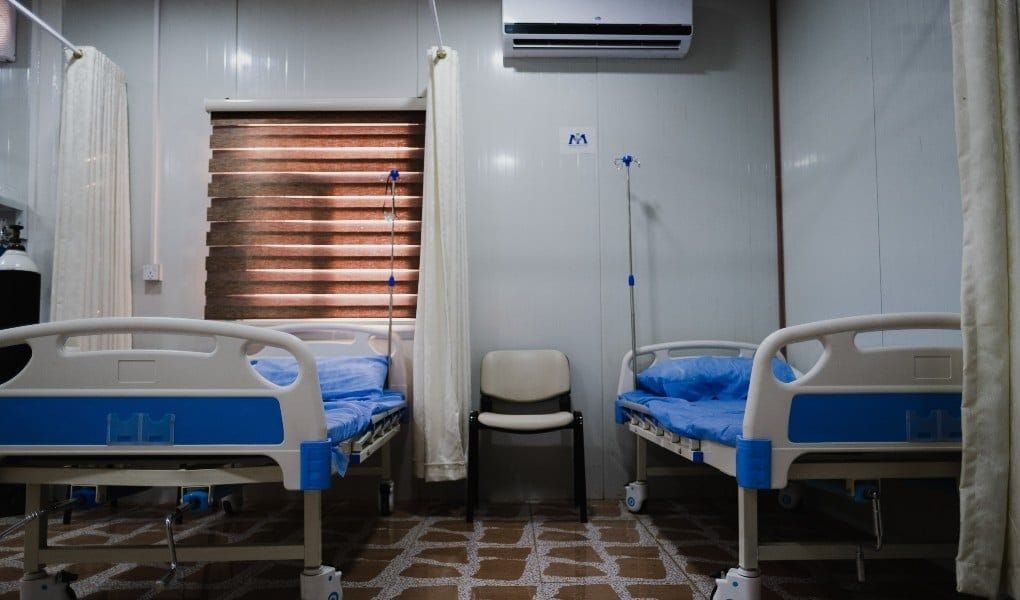Seattle Children’s Hospital Faces Corporate Fraud Allegations
What started as a medical malpractice investigation has become a claim of corporate fraud against Seattle Children’s Hospital.
Updated on
In November 2019, Seattle Children’s Hospital’s (SCH) CEO admitted that the hospital had battled an Aspergillus mold infestation since 2001. The mold has been linked to the death of six patients at the hospital. SCH has faced medical malpractice claims related to those deaths.
Now, a separate lawsuit alleging corporate fraud has also been filed by an attorney for one of the injured children.
Allegations of Medical Malpractice
Originally, SCH faced allegations of medical malpractice linked to Aspergillus infections. The class action lawsuit included a case in which a child contracted an Aspergillus infection during brain surgery.
The child, known as H.K., had surgery at Seattle Children’s Hospital. During the surgery, a portion of H.K.’s skull was removed and later reinserted. Later, H.K. developed an Aspergillus infection, which was linked to contamination of the piece of his skull that was removed and reinserted. H.K. suffered a severe brain injury from the infection.
The initial lawsuit found that H.K.’s injuries were the result of medical negligence. In March 2021, however, H.K.’s attorney filed an additional claim for corporate negligence, based on the Aspergillus infection.
The Developing Corporate Fraud Claims
The medical negligence claims focus on how health care providers handled H.K.’s care, including the surgery itself. The corporate fraud claims focus on how Seattle Children’s Hospital managed the longstanding Aspergillus contamination, including how the hospital responded—or failed to respond—when H.K.’s infection became apparent.
The corporate fraud case includes six major allegations:
- SCH mismanaged its air-handling systems for decades, and this alleged mismanagement caused the Aspergillus contamination
- SCH assigned patients to the operating room H.K. used, even though it knew that room suffered from Aspergillus contamination
- Due to the previous two factors, SCH is responsible for the contamination of H.K.’s skull in that operating room
- SCH hid information about Aspergillus contamination from H.K.’s family for a month after the surgery
- SCH didn’t provide care for H.K. under the guidelines of its infectious disease program despite knowing about the Aspergillus contamination
- SCH destroyed evidence without telling H.K.’s parents
H.K.’s attorney describes the one-month delay as Seattle Children’s Hospital “doing PR work” instead of providing rapid, standards-based care for H.K.
The Effects of Aspergillus Exposure on Patients
Aspergillus is a commonly-found mold that exists on both indoor and outdoor surfaces. In most cases, contact with Aspergillus produces no symptoms. For certain patients, including those with weak or developing immune systems, exposure to Aspergillus can be dangerous.
Allergic reactions to Aspergillus have been documented, along with lung infections. Invasive aspergillosis occurs when an aspergillus infection spreads into the blood vessels, where it is carried throughout the body. Left untreated, invasive aspergillosis can be fatal.
Treatment for invasive aspergillosis often involves antifungal medications. Depending on the complications that appear, surgery may also be required.
What Attorneys Can Learn from the Seattle Children’s Case
Many cases of medical malpractice can be traced back to a provider, whether a physician or a hospital staff member. When the cause of medical harm is a specific action or omission by a particular person, a medical malpractice claim is often the best fit for redress.
In the case of Seattle Children’s Hospital, however, the chain of causation stretched beyond the doctors and staff in H.K.’s operating room or recovery room on the day of the surgery. The cause of the Aspergillus contamination was not the medical staff handling H.K.’s care but the administration of Seattle Children’s Hospital itself. Likewise, decisions regarding communication with the parents and the handling of evidence were made at the administrative level, not by individual healthcare providers.
When the causes of harm to a patient extend beyond individual decisions to corporate calls, a case may develop from one of medical negligence to corporate fraud. Attorneys who investigate medical negligence claims may benefit from keeping the broader picture in mind.


